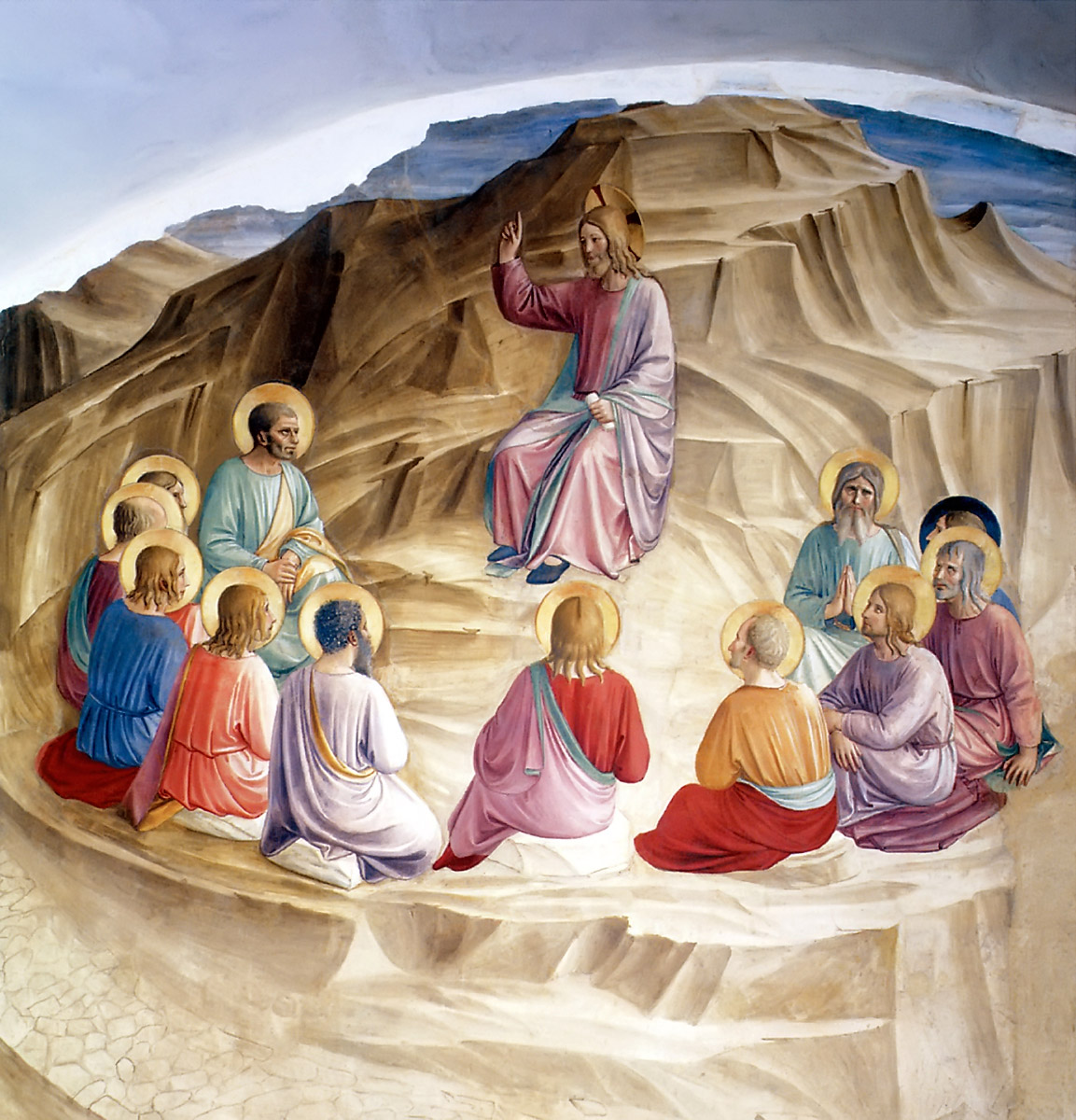
Resurrection of the Dead and Baptism
Now if there is no resurrection, what will those do who are baptized for the dead? If the dead are not raised at all, why are people baptized for them? (emphasis mine)
1 Cor. 15:29 NIV
As a canon theologian and thirty years a pastor, I am periodically asked about Paul’s unusual one time reference to a baptism for the dead (1 Cor. 15:29). Just this week a good friend asked me questions about this most cryptic of passages. Many explanations can be found in various commentaries and sermons, some helpful, some not.
Let’s look at the context for the passage first by examining the subject that Paul is addressing in chapter fifteen: the resurrection of the dead. When Christ returns, he will raise from the dead the bodies of all believers who have died in Christ since the beginning of time (1 Thes. 4:15-18). Jesus will reunite these bodies with their souls (spirits) which have been residing in heaven (Phil. 1:21, Dan. 12:2-3). Also, he will change the bodies of all those believers who are alive, giving them glorified bodies. Therefore, all believers from all time will have perfect resurrection bodies just like their Savior. The resurrection of the dead is the final work of God in applying Christ’s work on the Cross to our lives and to creation (1 Cor. 15:50-57).
The doctrine of the resurrection of the dead was difficult for first century Greek believers to grasp. Greek culture taught that the body (i.e, material) was bad and that only spiritual things were good. For the Greeks, one strived to leave this body and be immersed into the full experience of the spirit realm. Death meant release from this miserable existence (i.e., body). Yet, the Apostle Paul teaches a Hebraic Christian worldview: God created all things and that these things, though fallen, are good (Gen. 1:31). The body matters to God to such a degree that at the second coming our bodies will be renewed (i.e., glorified) and reunited with our spirits who have gone before. In other words, material matter matters to God.
The Corinthians could not grasp this truth and rejected the doctrine of the resurrection. In chapter fifteen, Paul argues that if the Corinthian church rejects this truth, then they are rejecting the essence of Christianity. “And if Christ has not been raised, then our preaching is in vain and your faith is in vain” (1 Cor 15:14).
As a way of furthering his argument, Paul asks, “If no resurrection, then why are you baptizing for the dead?” (1 Cor. 15:29). Why bother with a sacrament that expresses in its fullest sense the resurrection, when you do not believe the truth of it.
This is our context, now let us look at the particulars. Questions abound about what Paul meant. Are the dead here physically dead? Are they believers or unsaved family and friends? Maybe they are not physically dead at all, but spiritually dead? (Eph. 2:1). Is Paul referring to the normal practice of Christian baptism? Or something else? Paul’s own writings can give us some insight into what he meant.
In Corinthians, dead is always refers to those who have physically died. In Paul, baptism is tied to resurrection (Rom. 6:3-5) and is the initiatory rite for becoming a member of the church. Baptism is always accompanied by faith in the writings of Paul. Paul would not have allowed a Mormon substitutionary baptism for dead relatives. No historical evidence exists that before Paul individuals were being baptized as a proxy for someone who had passed from this life.
Most Koine Greek scholars agree, “for,” in this context does not mean, “instead of,” but “concerning,” or “on the account of” (15:29). Wise Christians witnessed to the Corinthian church and they have died. They have died of old age, or sickness, or possibly, martyrdom. Now, these newborn Christians are getting baptized because of these saints’ wonderful testimony. Why would these young believers proceed with baptism, if they do not hold to the doctrine of the resurrection of the dead? Why be baptized because of the witness of these great saints, if Christ’s resurrection never happened and our future resurrection is a pipe dream? Paul is saying to the church, “You know better, your instincts tell you, there is a resurrection and this initiatory rite of baptism needs to be practiced.”
15:29–34: Paul points out that the resurrection gives men compelling incentives for salvation (v. 19), for service (vv. 30–32), and for sanctification (vv. 33, 34).
15:29: This difficult verse has numerous possible interpretations. Other Scripture passages, however, clarify certain things which it does not mean. It does not teach, for example, that a dead person can be saved by another person’s being baptized on his behalf, because baptism never has a part in a person’s salvation (Eph. 2:8; cf.Rom. 3:28; 4:3; 6:3, 4). A reasonable view seems to be that “they . . . who are baptized†refers to living believers who give outward testimony to their faith in baptism by water because they were first drawn to Christ by the exemplary lives, faithful influence, and witness of believers who had subsequently died. Paul’s point is that if there is no resurrection and no life after death, then why are people coming to Christ to follow the hope of those who have died?
John MacArthur, ed., The MacArthur Study Bible, electronic ed. (Nashville, TN: Word, 1997), 1 Cor. 15:29.
15:29: Biblical doctrine should not be built on any verse as difficult and obscure as this one. Since baptism does not save us, being baptized in the place of those who are already dead cannot be of benefit to anyone. The interpretation of this difficult verse yields to an understanding of the Greek preposition huper. Usually, the word means “over†or “instead of.†But there are times when the only interpretation possible is “concerning.†In John 1:30, John the Baptist says, “This is He of [huper,concerning] whom I said … †The same applies here: the interpretation should be “concerning the dead.†The idea is that Christian baptism concerning death and the promise of resurrection is a meaningless ordinance unless the resurrection is a reality. This interpretation certainly fits well with the context.
W. A. Criswell, ed., Believer’s Study Bible, electronic ed. (Nashville, TN: Thomas Nelson, 1997), 1 Cor. 15:29 .








